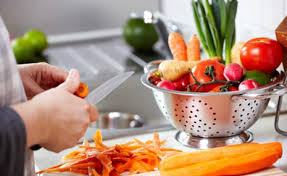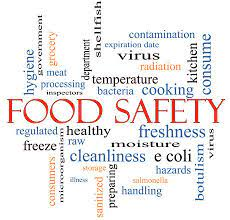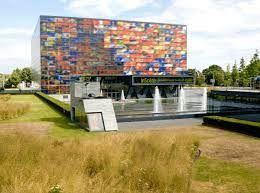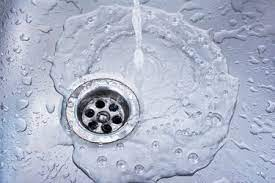Keeping food safe is one of the most important things you can do to ensure your health and the health of others. It can save your life, and it can also prevent other people from becoming sick. To keep your food safe, there are a few basics you need to know. These rules apply to your entire food supply chain, from the source of the raw materials, to the processing of the product, to the handling and storage of the finished product.
The Food Standards Agency regulates food, drugs, and dietary supplements. Foodborne illnesses are common, and can be life-threatening for infants, children, elderly people, and people with immunocompromised conditions.
There are several regulations that can help you stay safe that food businesses must comply with. You may also want to look into local food safety programmes that are geared towards retail food sales. For further information on the role of Food Safety Consultants, go to https://mqmconsulting
The FSA regulates food produced and sold in the UK. The agency works with local authorities to inspect meats, poultry products, and processed egg products. During inspections, they will make sure that the food is safe to eat. Some of these foods should be cooked at the proper temperature, including raw meat and poultry.
Cooking raw meats and poultry at the right temperature will kill any pathogens. You should also make sure that you are using proper equipment and supplies for cooking.
There are several other ways to keep your food safe, including storing it in appropriate containers. You should also avoid using metal containers or enamelware. These containers can leach toxic elements into the food and can break your teeth. You should also use colour-coded receptacles to avoid cross-contamination.
Aside from keeping food safe, you should also pay attention to the packaging materials. When choosing a container, make sure it is labelled. You should also make sure that the food is stored in a food grade plastic or glass container. When it comes to freezing or drying food, make sure you use pasteurised products. Adding raw, contaminated ingredients can also lead to foodborne illness.
Food safety is also important when it comes to cleaning and sanitising equipment. You should use clean, sterile equipment for every step of the food preparation process. You should also use colour-coded cutting boards to help prevent cross-contamination.
Food safety standards are also based on scientific studies that have developed ways to identify areas of food production that may pose a health risk.





